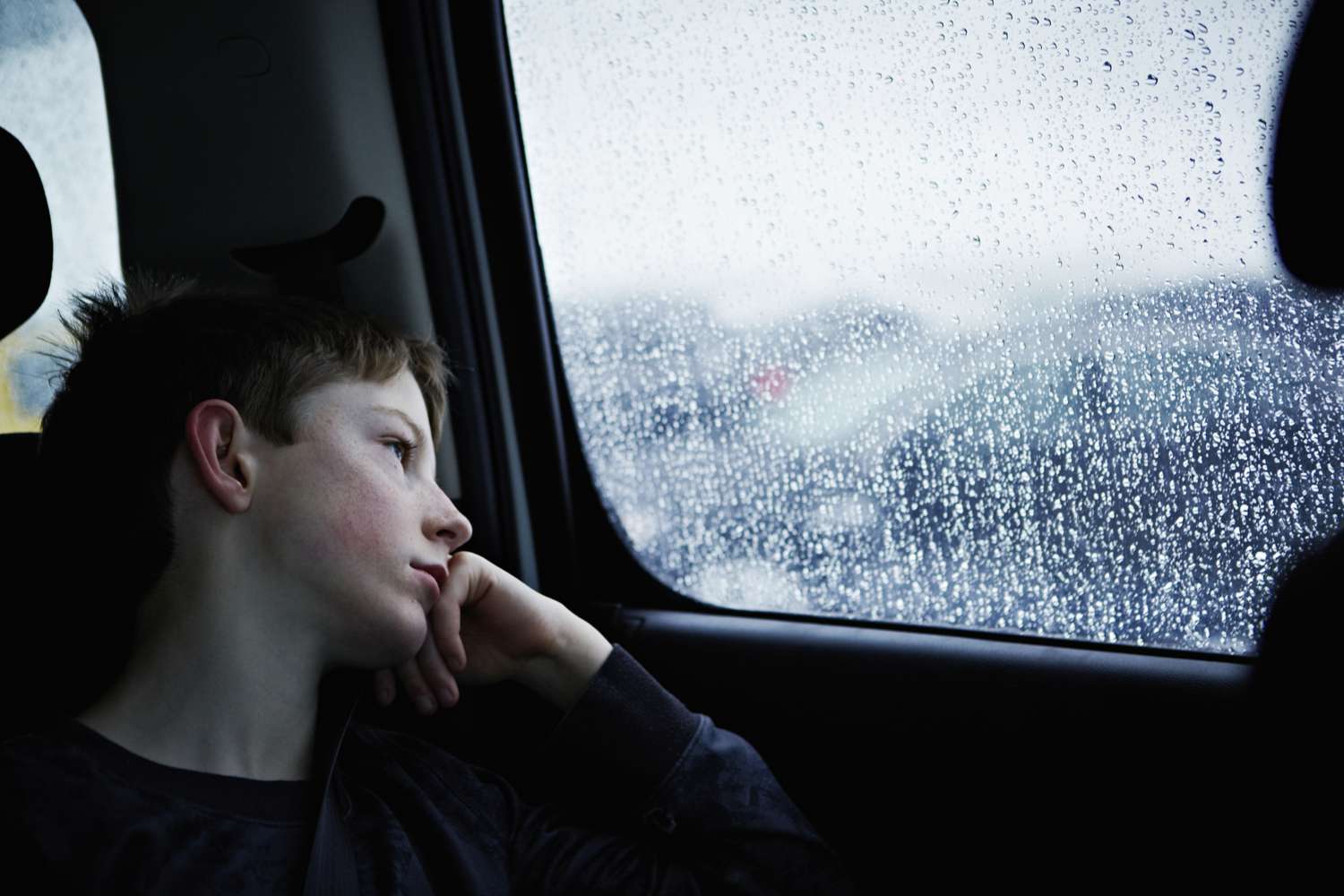Depression in teens can often go undetected and untreated. For teenage boys especially, recognising the signs can be even more difficult as they may mask symptoms in an attempt to conform to masculine stereotypes around emotional toughness. However, depression is a serious issue that requires compassionate attention for any teen’s wellbeing.

If you’re worried your teenage son may be struggling with his mental health, here are five important signs of depression to look out for.
1. Irritability and Anger
Teenage mood swings driven by hormonal changes are normal, but if your once easy-going son has become persistently irritable, sensitive to criticism, prone to angry outbursts, or is getting into more disputes, this emotional volatility and hostility could indicate an underlying depression. The mental anguish teens feel is often channelled into agitation against the world around them.
2. Withdrawing from Friends and Activities
When teenagers isolate themselves for long stretches, lose interest in hobbies and socialising, or drop out of clubs, teams, and gatherings they previously enjoyed, it’s a potential red flag. Healthy adolescent development requires social connections and engagement. Dramatic social withdrawal or antisocial tendencies can be a consequence of depression.
3. Poor Academic Performance
Depression often impairs focus, motivation, and memory—key faculties needed for academic success. Once studious teens falling behind on schoolwork could reflect declining mental health. If your high-achieving son suddenly seems uncharacteristically apathetic about classes or grades, find out what’s troubling him beneath the surface.
4. Disordered Sleep Patterns
From insomnia to sleeping too much, disturbances in normal sleep cycles—especially when chronic—have a well-established link with depressive disorders. Teen circadian rhythms are naturally shifted towards late nights and late mornings. But if your son is excessively groggy in the morning no matter how early he turns in, or is relying on naps to get him through the day, his sleep problems could be symptomatic of something bigger.
5. Negative Mindset and Self-Criticism
Depression fuels a bleak perspective along with intense self-criticism as the wiring in an adolescent’s brain gets disrupted by the illness. Teens suffering from depression typically express hopelessness about the future while rigidly blaming themselves as the source of all problems or inadequacies, however small. Listen for giveaway phrases like “what’s the point” or “I’m such an idiot.” The extreme pessimism and self-loathing signal serious inner turmoil.
Depression in Foster Teens
Teens in foster care face a significantly higher risk of developing mental health issues like depression. The trauma of being separated from biological families along with a history of abuse or neglect can profoundly damage their emotional wellbeing. Additionally, adjusting to new living situations and foster families brings its own stressors that worsen feelings of isolation. Warning signs like emotional withdrawal or acting out should not be dismissed as “typical moody teen” behavior.
Getting foster teens mental health support early is crucial for their ability to manage depression and heal developmental wounds. With access to compassionate therapy and stable foster placements, their future mental health outlook can improve. A foster agency like Foster Care Associates will be on hand to provide all the support you need to help your teen through this difficult period in their life.
Getting help for a depressed teenager hinges on recognising these potential clues of emotional distress. Trust your parental instincts if your son exhibits several symptoms consistently for two weeks or more. Consult your family GP without delay to access mental health support, advice and treatment options. With compassionate understanding and support, teenage boys can overcome depression and regain their inner resilience.


